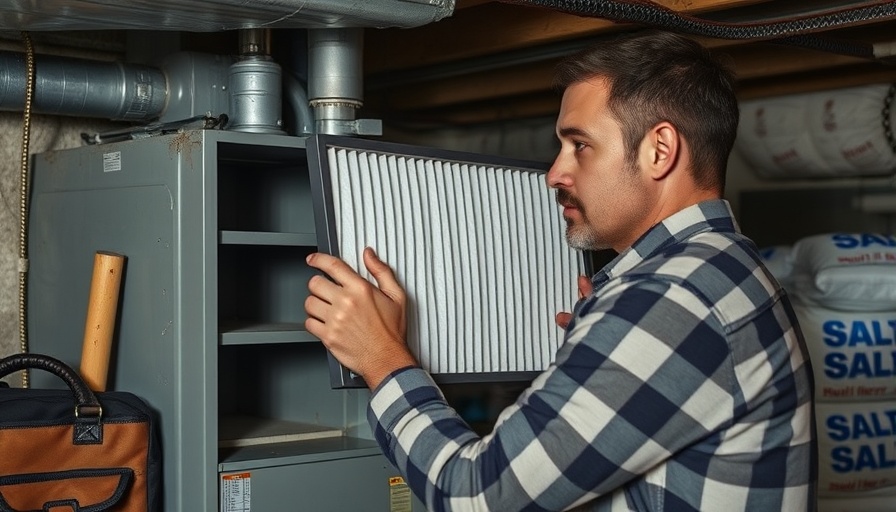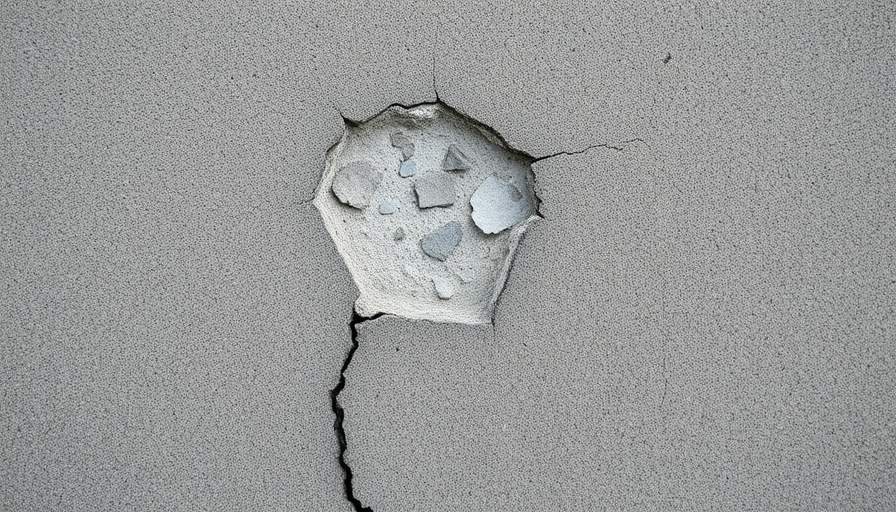
The Importance of Changing Your Furnace Filter Regularly
Many homeowners often overlook the crucial task of regularly changing furnace filters, which can significantly influence both air quality and the functionality of heating systems. Filters in furnaces act as essential barriers, trapping dust, allergens, and debris that otherwise circulate in your indoor air. When neglected, these filters can not only lead to poorer air quality but can also stress the HVAC system, leading to higher energy bills and costly repairs.
How Often Should You Change Your Furnace Filter?
The frequency of changing your furnace filter can depend on several factors including the thickness of the filter, household conditions, and usage levels. For standard 1-2 inch filters, a replacement every 1-3 months is often recommended. Thicker filters, such as those measuring 3-4 inches, typically need to be replaced every 6-9 months, while the largest filters (5-6 inches) can function for 9-12 months. However, during periods of heavier use, such as winter months, you may find that more frequent changes are necessary. If you’re a pet owner or have allergies, consider changing your filter more often to ensure optimal air quality in your home.
What Happens If You Don’t Change Your Furnace Filter?
A clogged or dirty filter can create a host of problems within your heating system. As the filter collects dust and debris, airflow becomes restricted, forcing your furnace to work harder to maintain the desired temperature. This increased strain can accelerate wear and tear, leading to premature system failures. Besides mechanical issues, neglected filters can have health implications; they can cause respiratory problems due to poor air quality. Hence, staying ahead with filter changes is a simple yet effective way to enhance your home’s comfort and safety.
Expert Recommendations for Filter Maintenance
Industry experts suggest using the MERV (Minimum Efficiency Reporting Value) rating as a guide when selecting filters. Higher MERV ratings (13 or higher) demonstrate better filtration capabilities, trapping more particles. However, be cautious—a filter that is too dense might restrict airflow and strain the system, so balance is key. Regular inspections alongside scheduled filter changes can save you from unexpected repairs and maintain your furnace's long-term performance.
Tips for Homeowners: Maintaining Indoor Air Quality
Simple actions on your part can greatly enhance the efficiency of your heating system. Check your furnace filter monthly, especially during heavy use periods. A quick visual inspection often suffices; if the filter appears dark, it's time for a change. Setting a reminder can ensure you never overlook this vital task. Lastly, remember that this filter isn't just about furnace performance; it plays a central role in the health and well-being of your household.
Conclusion: A Small Task for Big Rewards
Maintaining the filters in your furnace is a quick and relatively inexpensive way to safeguard your home’s air quality and efficiency of your heating system. Regular filter changes can lead to significant savings in energy costs, enhance your comfort, and prevent potential health issues associated with poor air quality. So next time you think about your HVAC system, ask yourself: when was the last time I changed my furnace filter?
 Add Row
Add Row  Add
Add 




Write A Comment